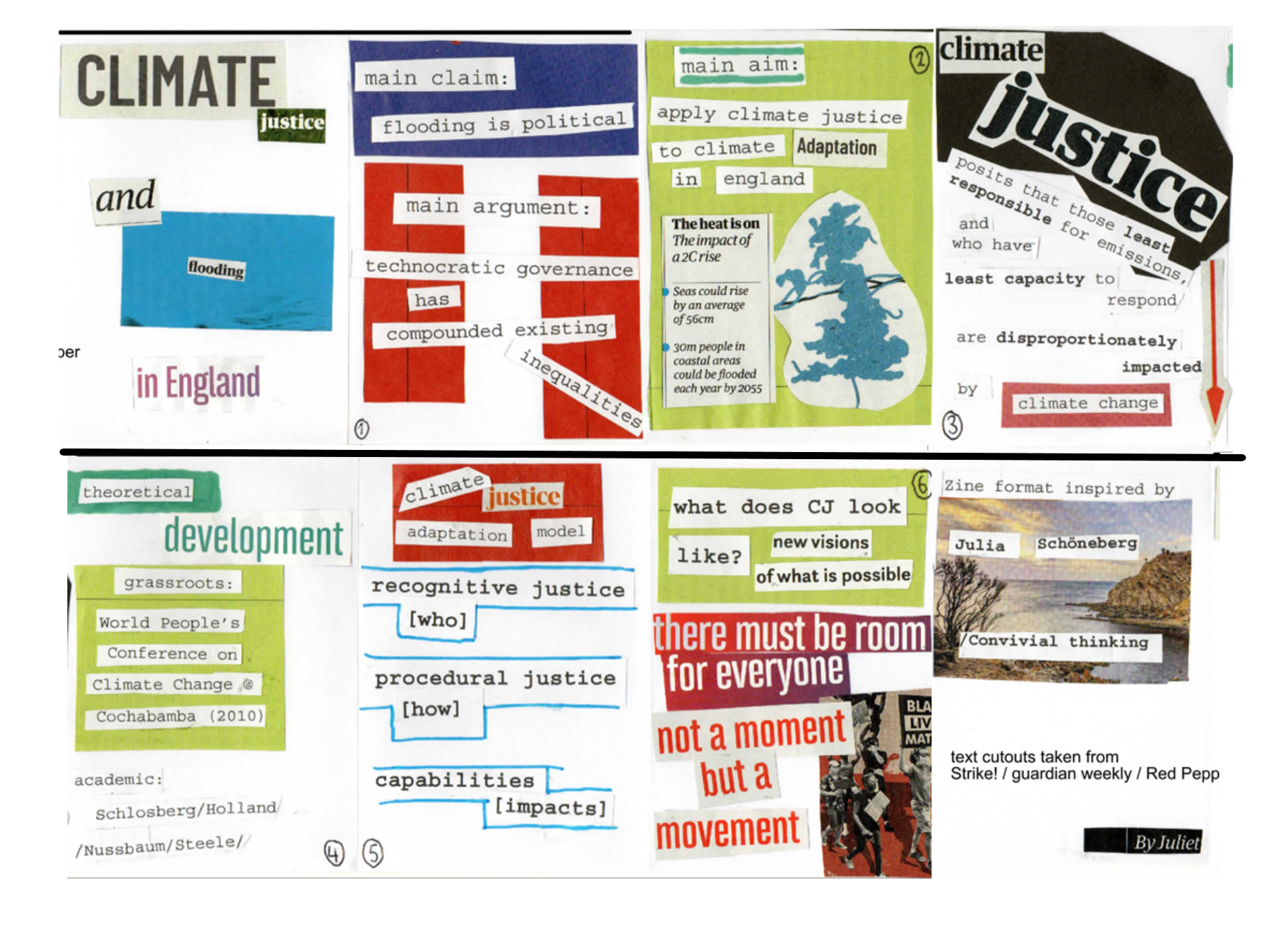Flooding the Field; plural intersections

- Date
- Thursday 4 March 2021, 14:00
- Location
- Online event
- Category
- Research
Join us for the second session of the Flooding the Field series where we will be exploring the possible intersectionality of flood research.
Flooding the Field is a short series of talks organised by a PhD research network called Floods; Living with water in the past, present and future.
This session will host two talks on the theme of understanding how interdisciplinarity can shine a light on the plural intersections of flood research. Our two speakers in this session are Amitangshu Acharya (University of Edinburgh) and Juliet de Little (University of Sheffield).
After the talk there will be a chance for a Q & A before a final open participatory discussion that will aim to draw out some of the tensions and overlaps in ideas that have been discussed.
Amitangshu Acharya – University of Edinburgh
'The river itself warns us’ - Decolonising flood knowledge in India
In the postcolonial world, ideas and understanding of how to manage water continues to be shaped by techno-bureaucratic approaches which draws its lineage from colonial engineering practice. Policy narratives continue to favour hard engineering approaches – dams and embankments – and top down systems of knowledge production – hydrological models and probabilistic weather forecasts – to mitigate floods and provide early warning.
Building on theoretical approaches such as ‘cognitive apartheid’ (Ghosh, 2016) and ‘cognitive justice’ (Visvanathan, 1997), this presentation argues for decolonising flood knowledge in India. Based on field research on the floodplains of the transboundary Gandak River basin in Bihar, India, it showcases how communities have developed their own fine grained knowledge systems around flood prediction and how such understanding does not get accommodated within official frameworks. As climate change induced uncertainty looms large across flood affected waterscapes, I argue for an urgent move towards a deliberative, pluralistic and decentralised approach to flood management, one which proactively engages with subaltern knowledge systems.
Juliet de Little – University of Sheffield
The abstract for Juliet's talk is in zine form, see below.

Booking information
This event is free and all are welcome.
Please book here via Eventbrite.
About the series
The purpose of this series is to create a wider community of researchers with an interest in fluvial and coastal flooding. The focus of each of the sessions will be to discuss both tensions and synergies between disciplines with the aim of understanding how interdisciplinarity can help us to think differently about practicing flood research in the future.
In the final, fourth week, we welcome participants to join us for an interactive mapping session that explores both the tensions and the synergies that will have surfaced over the series and beyond. It is our hope that this mapping exercise will highlight how we might collaborate as interdisciplinary flood researchers in the future.
Find out more about the Flooding the Field series and network here.
Image
Waterscapes. Jace Harrison Crowley, CG Artist, silico.studio
